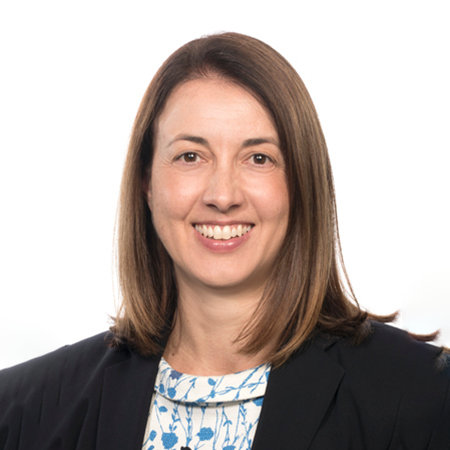On 29 March 2020, the Minister for Health announced that Medicare-subsidised telehealth services would be expanded to apply to all Australians in response to the ongoing COVID-19 health crisis. This followed on from an earlier announcement on 23 March 2020 where the Minister for Health had authorised general practitioners who were considered “vulnerable” to provide telehealth services.
The services that will now be able to be provided via telehealth will include:
- GP services;
- Mental health treatment;
- Chronic disease management;
- Aboriginal and Torres Strait Islander health assessments;
- Services to people with eating disorders;
- Pregnancy support counselling;
- Services to patients in aged care facilities;
- Services to children with autism; and
- After-hours consultations.
It is not only GPs who are able to render these Medicare-subsidised telehealth services but also medical specialists, consultant physicians, nurses practitioners, midwifes and allied mental health providers. The Government has also indicated that they will continue to work on further expansion of non-GP specialist telehealth following further collaboration with the profession.
The Government has specified that telehealth must only be provided by a health care provider if they also have the capacity to conduct a face to face consultation when clinically required.
When initially announced the Government required that all telehealth items be bulk billed, however a recent announcement on 6 April 2020 has specified that only the following types of patients must be bulk billed if receiving telehealth services:
- Commonwealth concession care holders;
- Children under 16 years of age; and
- Patients who are more vulnerable to COVID-19.
The Department of Health has specified that those patients who are vulnerable to COVID-19 includes:
- Patients over the age of 70;
- Indigenous and Torres Strait Islander patients over the age of 50;
- Pregnant women;
- Immunocompromised patients;
- Parents of children who are 12 months old or younger; and
- Individuals with chronic illnesses who are at greater risk due to COVID-19
All patients who do not fall within any of the above categories do not need to be bulk billed for the provision of telehealth services.
Medicare has introduced a number of new temporary MBS telehealth services that can be billed by health professionals offering telehealth services. On 20 April 2020, the Government increased the number of temporary MBS telehealth services that can be billed by medical practitioners and allied health providers. Helpful and up to date information regarding the growing list of telehealth services can be found here.
The Government has also recently approved a number of temporary changes to the regulation of medicines under the Pharmaceutical Benefits Scheme (PBS). The Government has announced that:
- Dispensing arrangements for the ongoing supply of PBS subsidised medicines with a prescription will be extended to 30 June 2020 allowing individuals to obtain their usual medicines at PBS prices even if they cannot get a new script from their doctor;
- A home delivery service for PBS and Repatriation Pharmaceutical Benefits Scheme medicines for those who are vulnerable or in isolation;
- Changes to allow community pharmacists to substitute dose strengths or forms of medicines without prior approval from the prescribing doctor, if a medicine is unavailable at the time of dispensing; and
- Restrictions on the quantity of medicines that can be purchased to prevent unnecessary medicine stockpiling.
All of these changes to the provision of telehealth services and the regulation of PBS medicines will help reduce pressure on hospitals and emergency departments while also limiting the unnecessary exposure of health workers to potential cases of COVID-19. It will also limit patients risk of exposure and spread of COVID-19 and will assist with the provision of health services to those who are in self-isolation or under quarantine.
If you need advice about how these changes will impact your practice or need any other assistance during these trying and challenging times feel free to get in contact with our team.
This article was written by Karen Keogh, Partner and Luke Depares, Solicitor.

